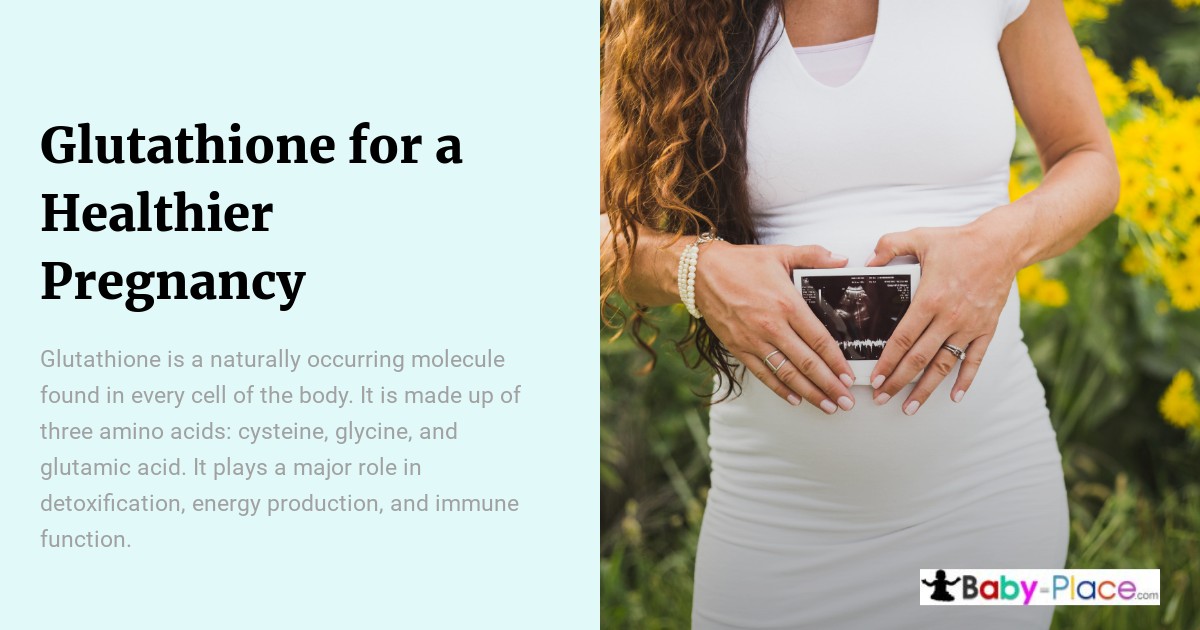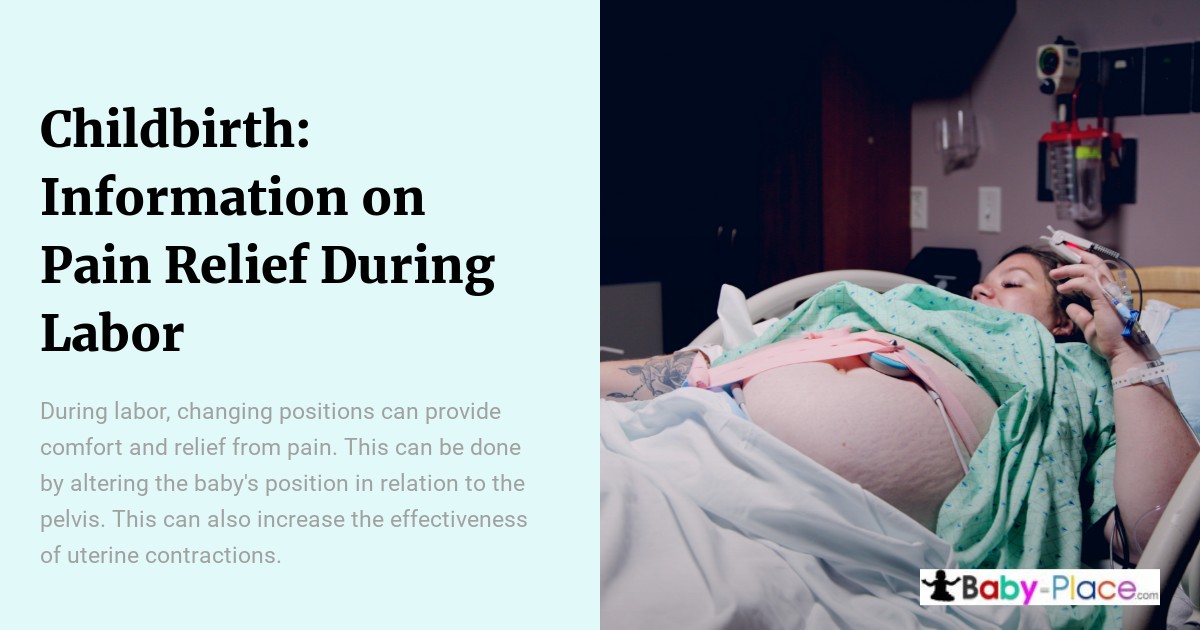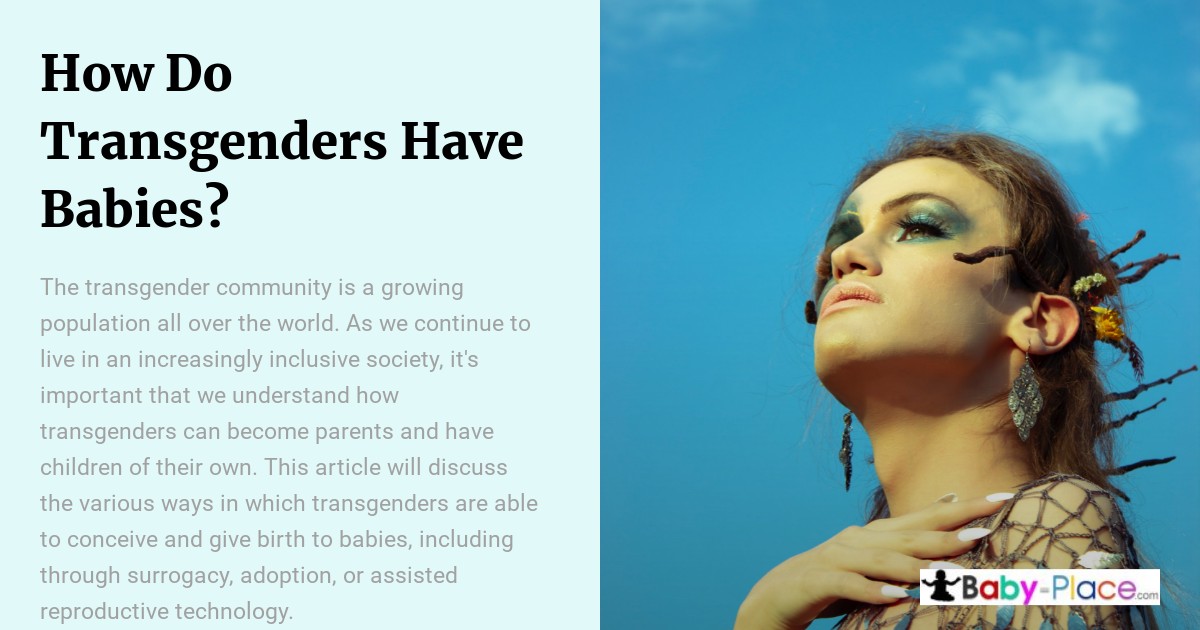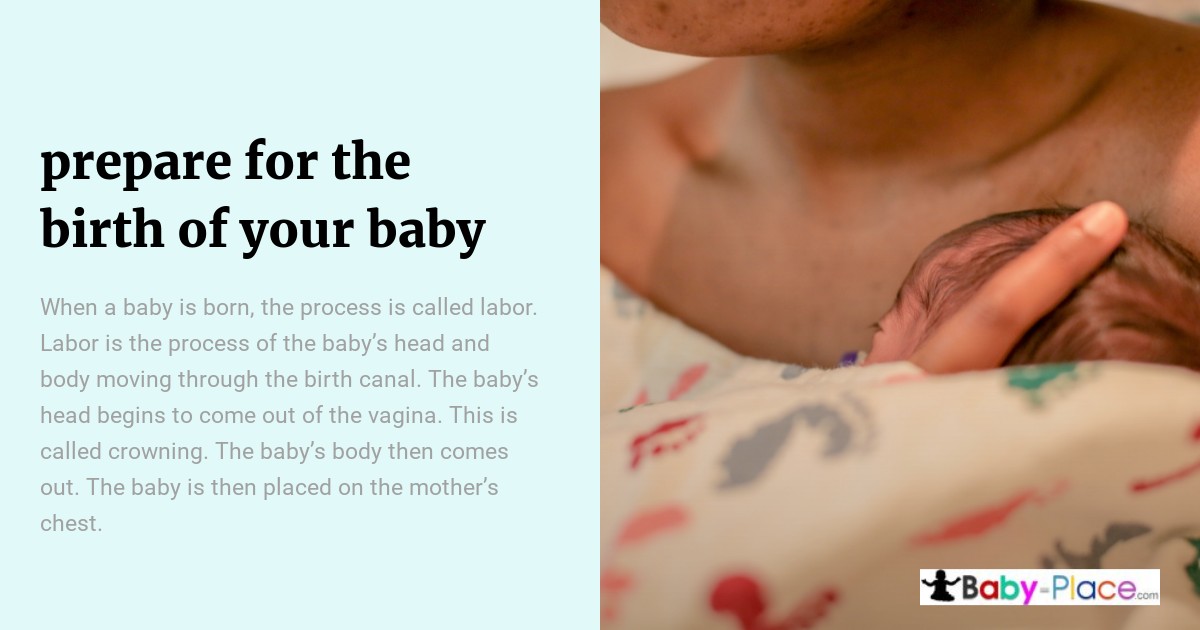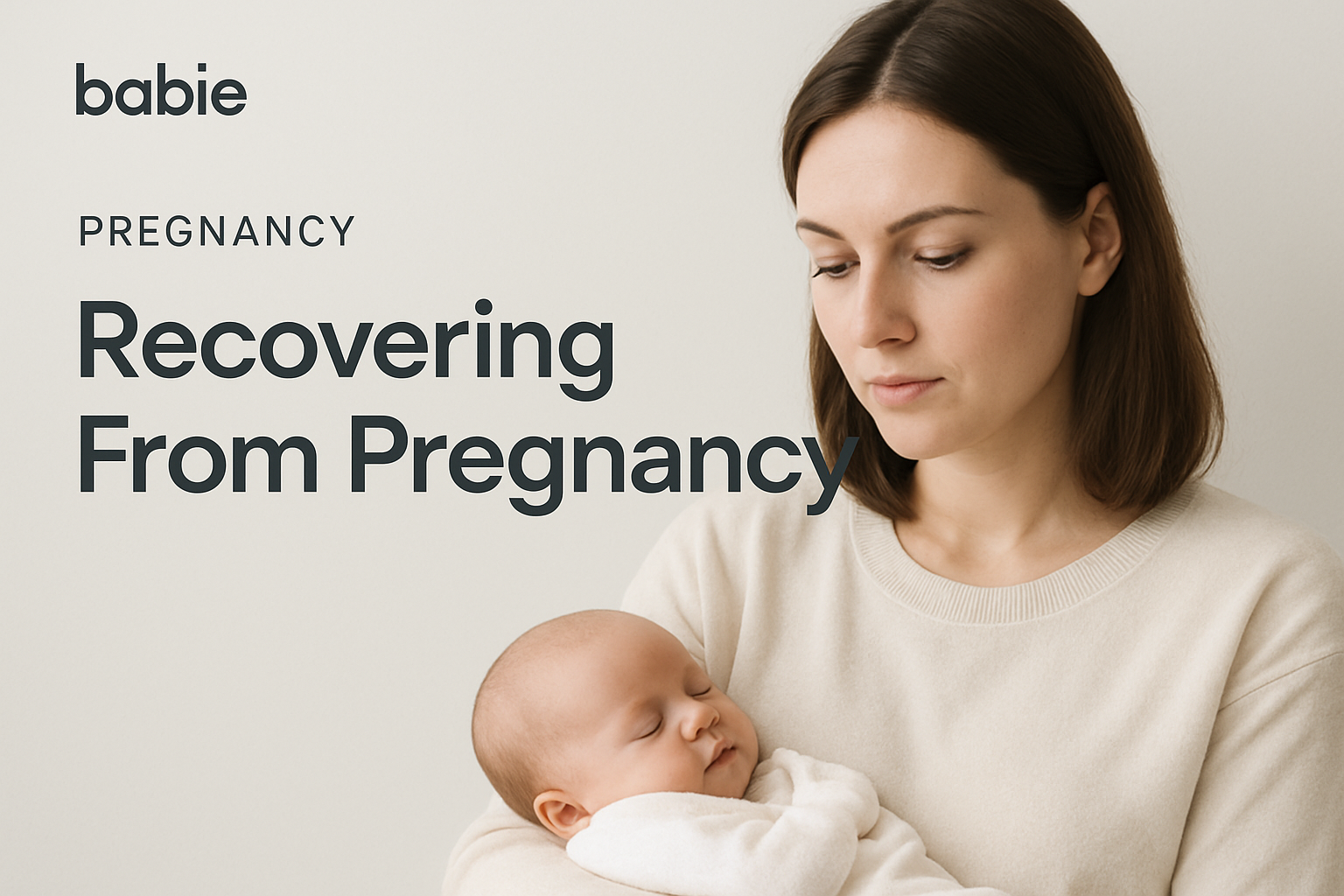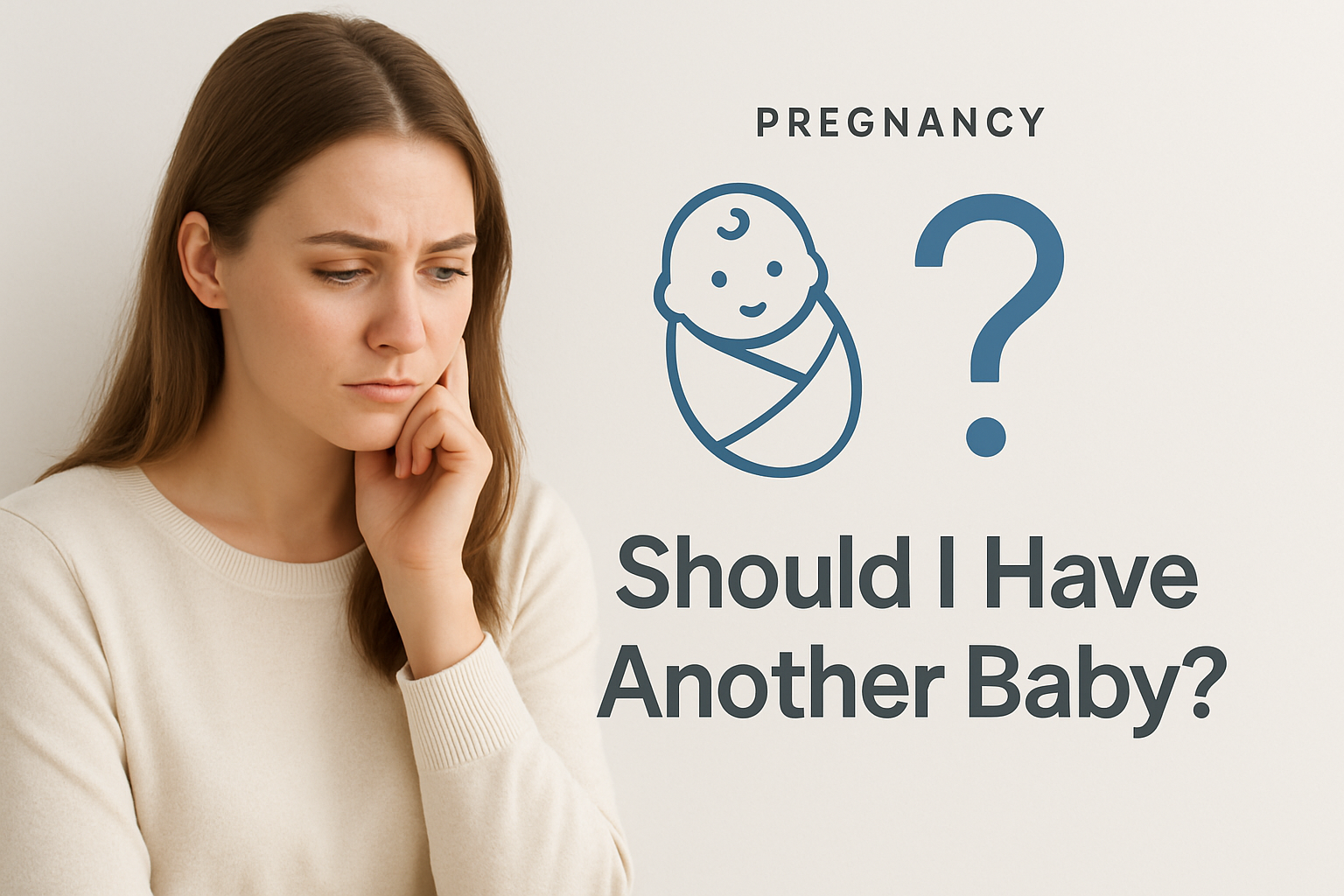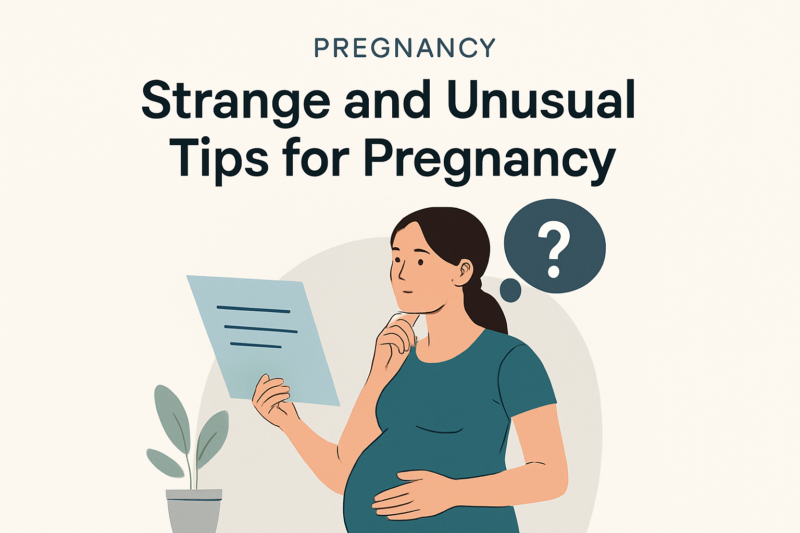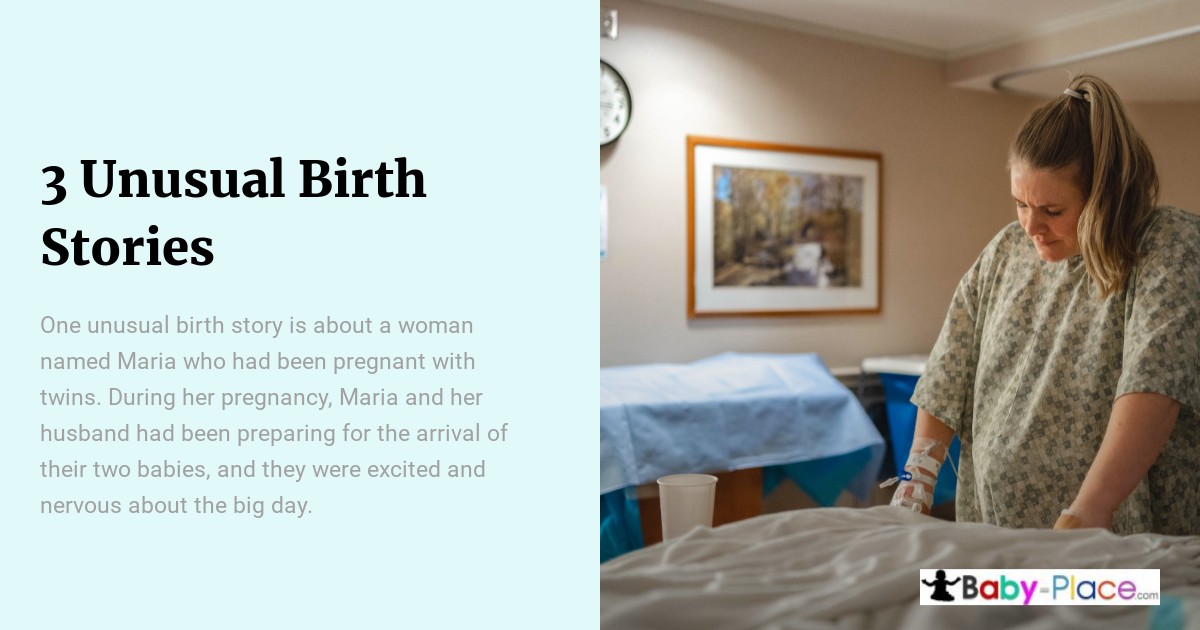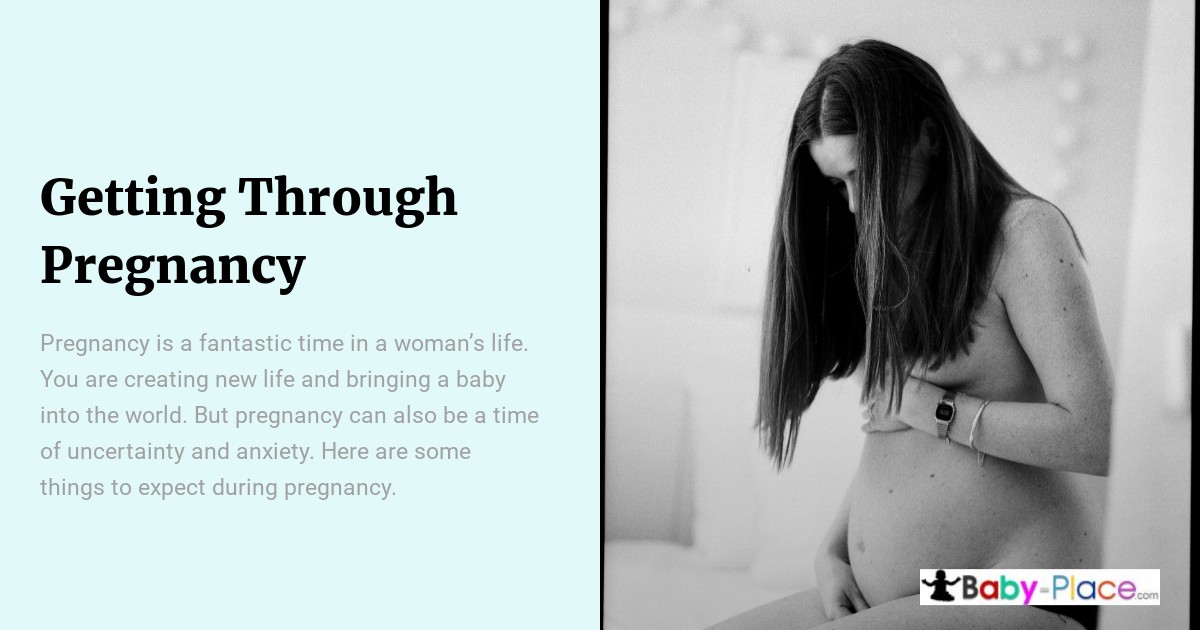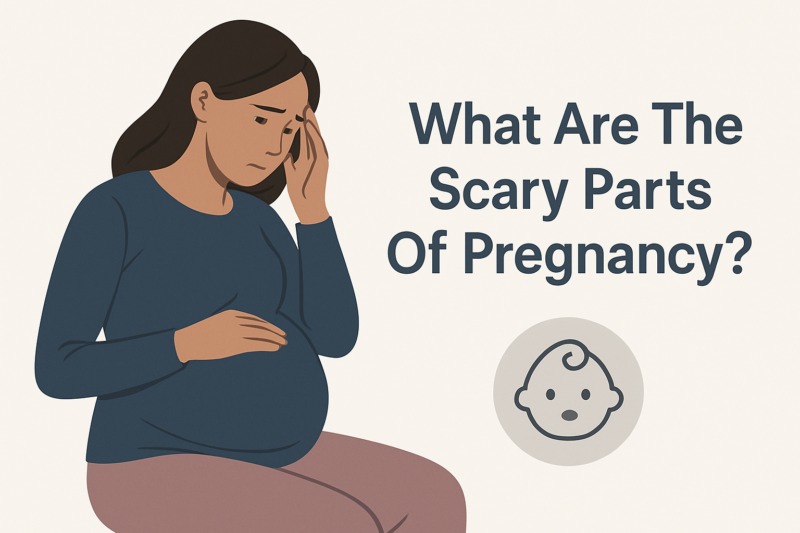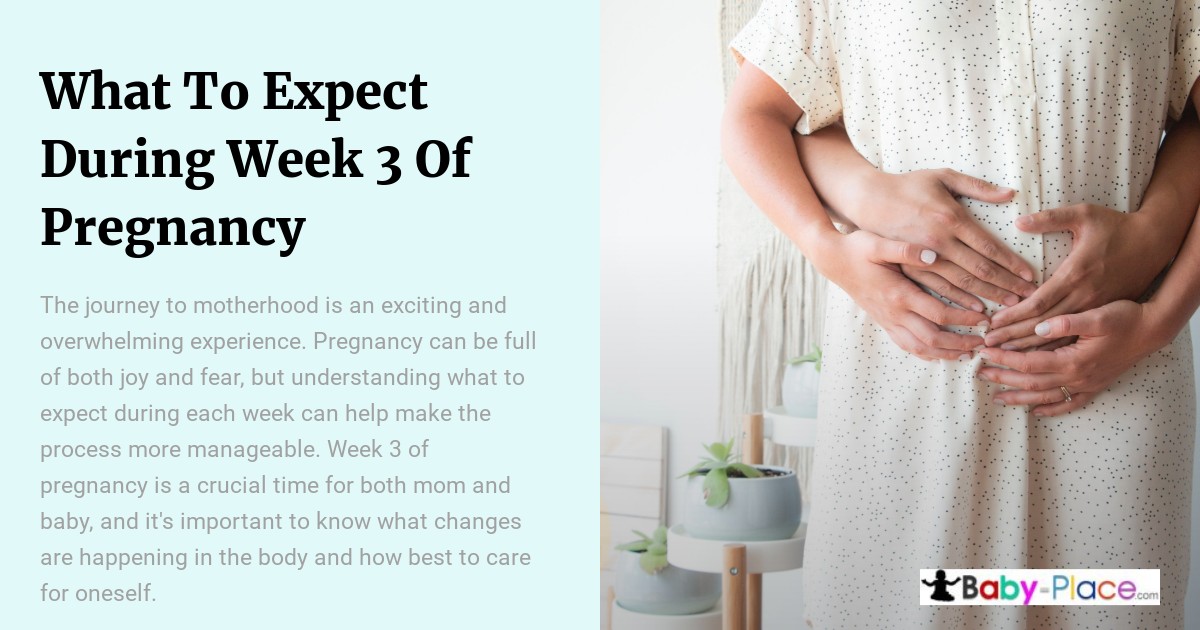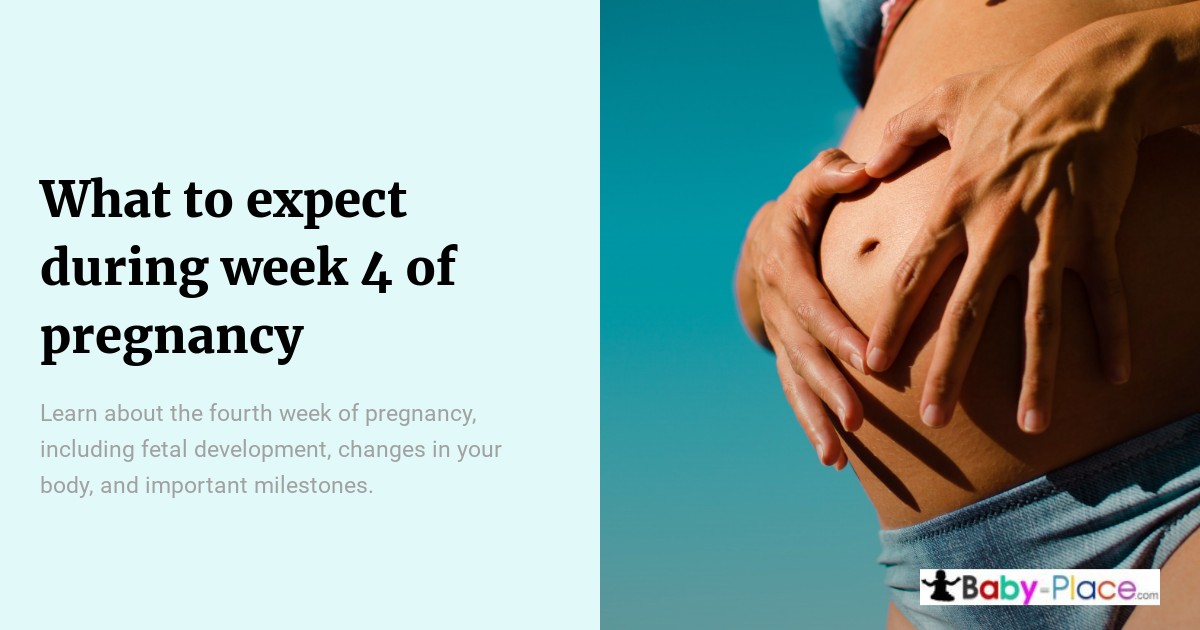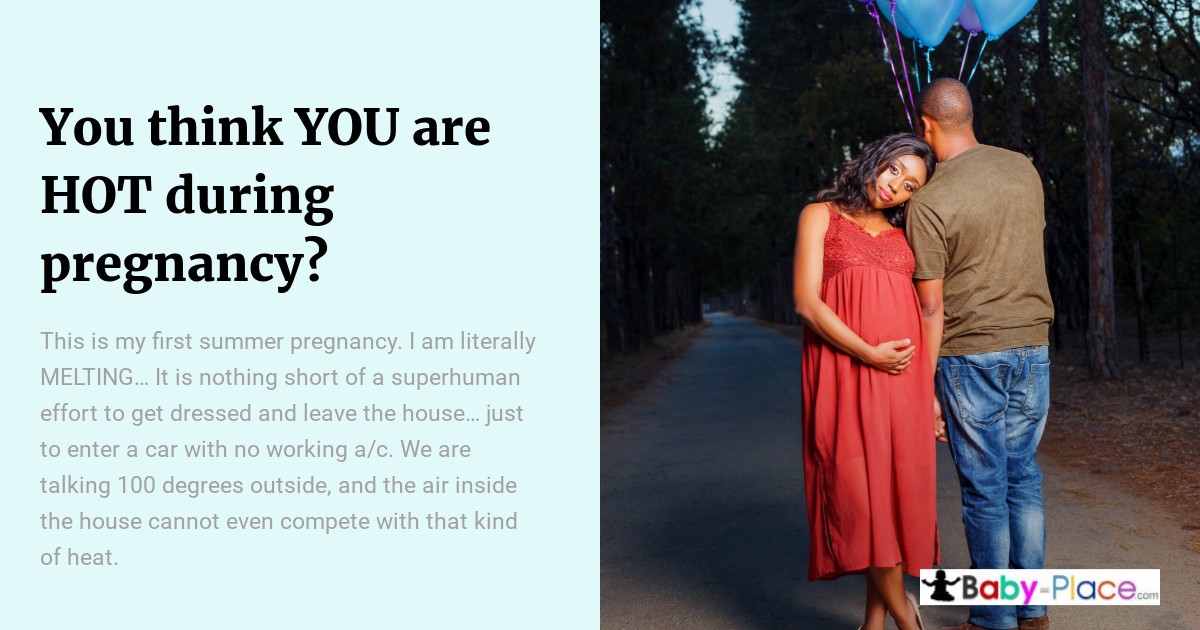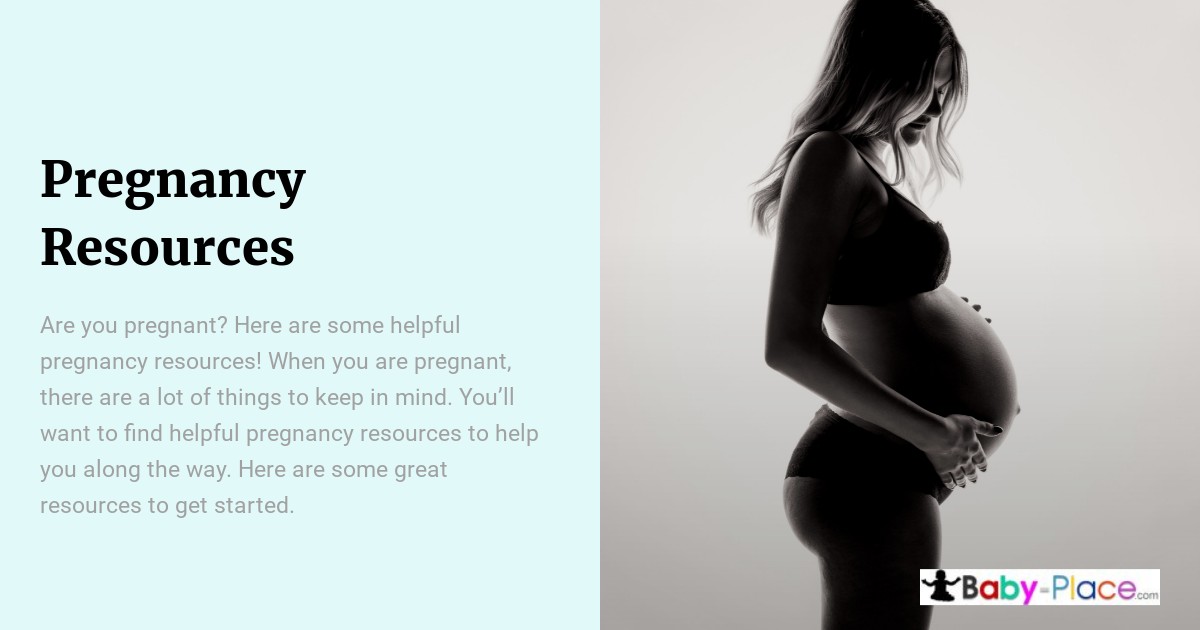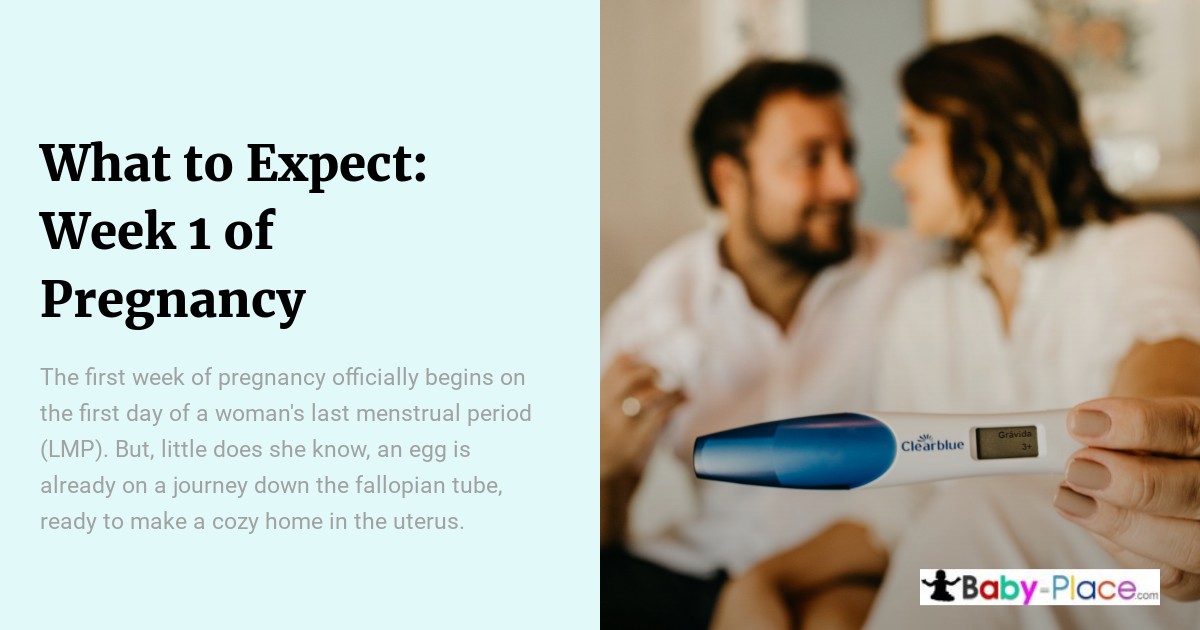
The first week of pregnancy begins on the first day of a woman’s last menstrual period (LMP). But, little does she know, an egg is already on a journey down the fallopian tube, ready to make a cozy home in the uterus.
During this week, a woman’s body is busy preparing for fertilization. An egg is released from one ovary, taking its sweet time to meet up with sperm in the fallopian tube. Once fertilized, the egg transforms into a cluster of cells called a zygote, which begins its journey toward the uterus.

Some women may start to experience early pregnancy symptoms such as fatigue, breast tenderness, and nausea, but as they say, “Don’t count your eggs before they hatch” since these symptoms are also associated with premenstrual syndrome (PMS) and can also occur due to other reasons, so it’s not always a sign of pregnancy.
Prenatal Care Visit
It’s best to schedule a prenatal care visit with a healthcare provider at the beginning of the first week of pregnancy, so they can provide information on healthy lifestyle choices, answer any questions, and follow up on the development of the pregnancy. If you don’t do it the first week because you aren’t sure yet if you are pregnant, then do it the second week of pregnancy or as soon as you can. It’s also essential for the woman to take prenatal vitamins with folic acid, which is important for developing the baby’s neural tube properly.
Not all women have regular menstrual cycles and ovulation; some may find out they are pregnant after a few weeks or even months. It’s always important to pay attention to any symptoms you may be experiencing. If you suspect you might be pregnant, it’s a good idea to schedule an appointment with a healthcare provider as soon as possible.

Interesting Facts about the first week of pregnancy:
- Only about 30% of fertilized eggs successfully implant in the uterus, leading to a pregnancy.
- Most pregnancy symptoms do not start until around six weeks pregnant, so many women may not even know they are pregnant yet during the first week.
- According to the Centers for Disease Control and Prevention, about 10% of recognized pregnancies in the United States end in miscarriage. Most of these happen in the first trimester and specifically in the first week of pregnancy.
- Not all women have regular menstrual cycles and ovulation; some may not find out they are pregnant until several weeks or months later.
- Although the first week of pregnancy is considered to be week one, the baby is called an embryo for the first 8 weeks of gestation, and after 8 weeks, it is called a fetus.
- The first week of pregnancy may not have physical signs and symptoms, but it’s the most important week regarding baby’s organ and tissue development.
Frequently Asked Questions:
When does the first week of pregnancy begin?
The first week of pregnancy begins on the first day of a woman's last menstrual period (LMP).
What happens during the first week of pregnancy?
During the first week, an egg is released from the ovary and travels down the fallopian tube, preparing for potential fertilization. If fertilized, it becomes a zygote and begins its journey toward the uterus.
Are there noticeable symptoms during the first week of pregnancy?
Most women do not experience noticeable symptoms during the first week of pregnancy. Some may feel fatigue, breast tenderness, or nausea, but these can also be associated with premenstrual syndrome (PMS) and are not definitive signs of pregnancy.
When should a woman schedule her first prenatal care visit?
It's best to schedule a prenatal care visit at the beginning of the first week of pregnancy if possible. If unsure about pregnancy, scheduling the visit in the second week or as soon as possible is recommended. Prenatal vitamins with folic acid should also be started early.
What percentage of fertilized eggs successfully implant in the uterus?
Only about 30% of fertilized eggs successfully implant in the uterus, leading to a pregnancy.

